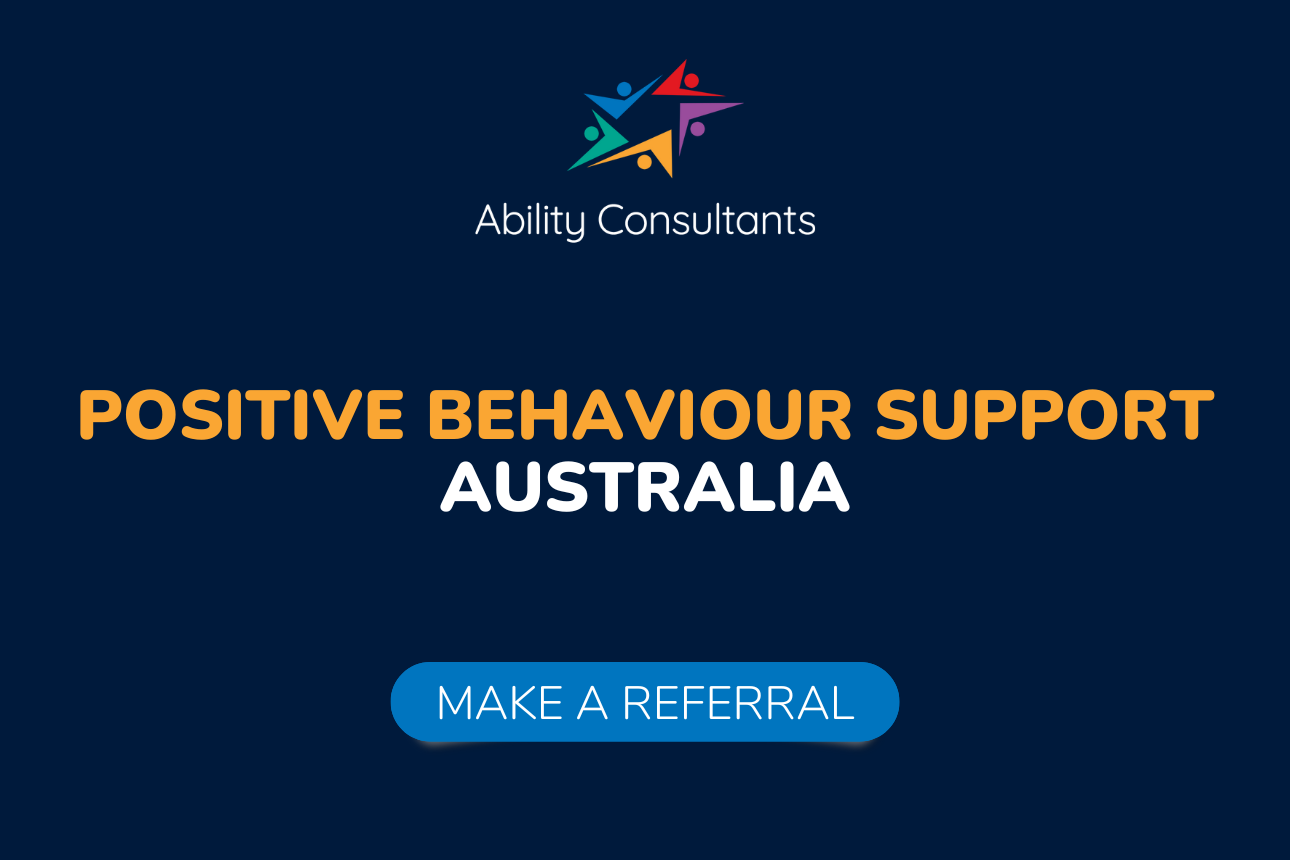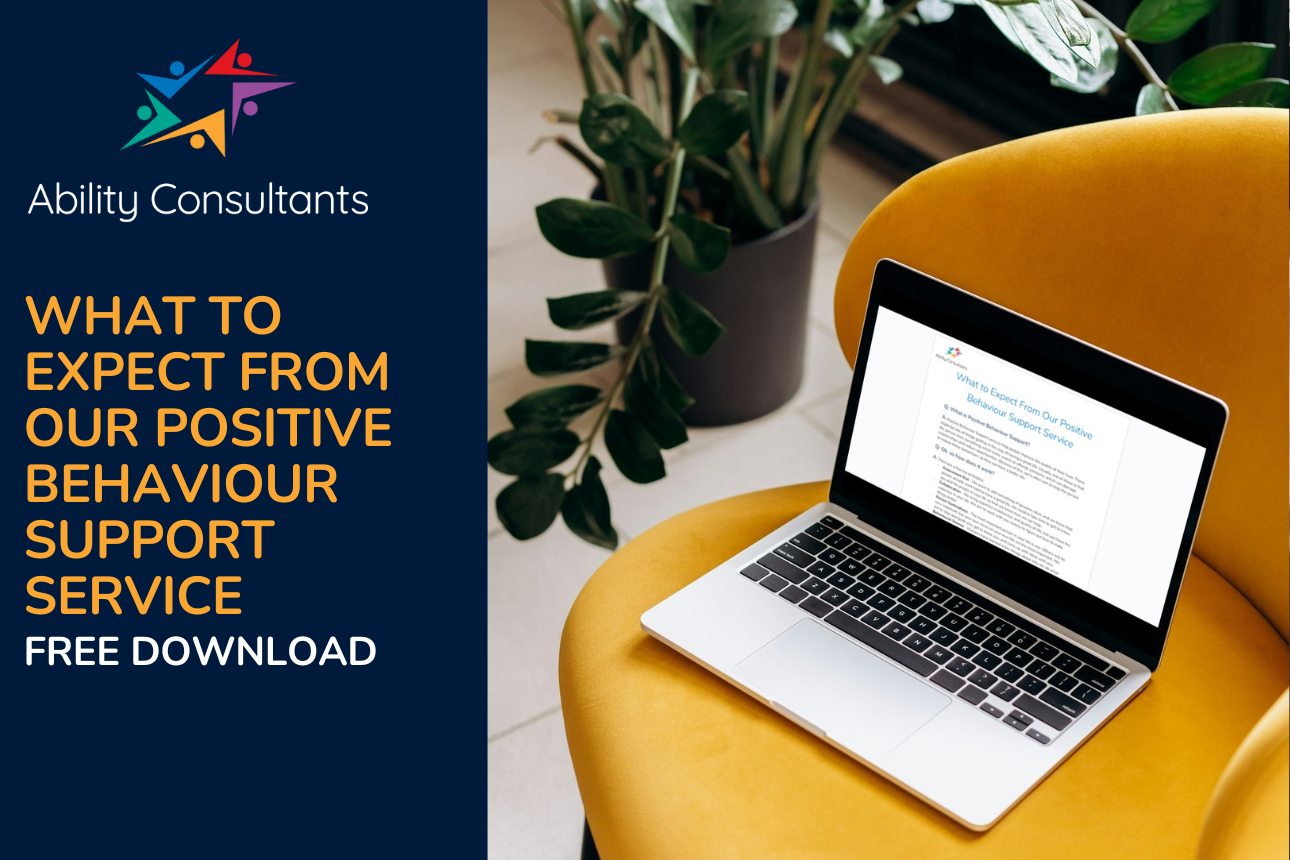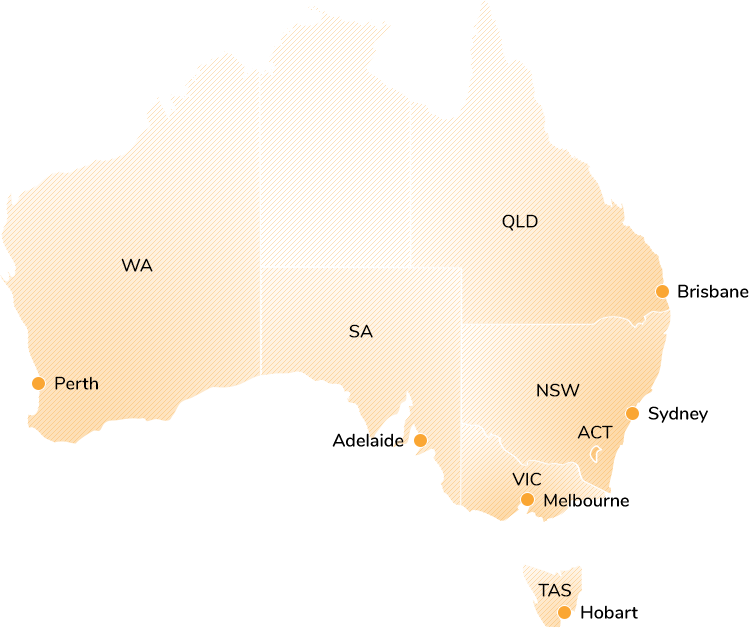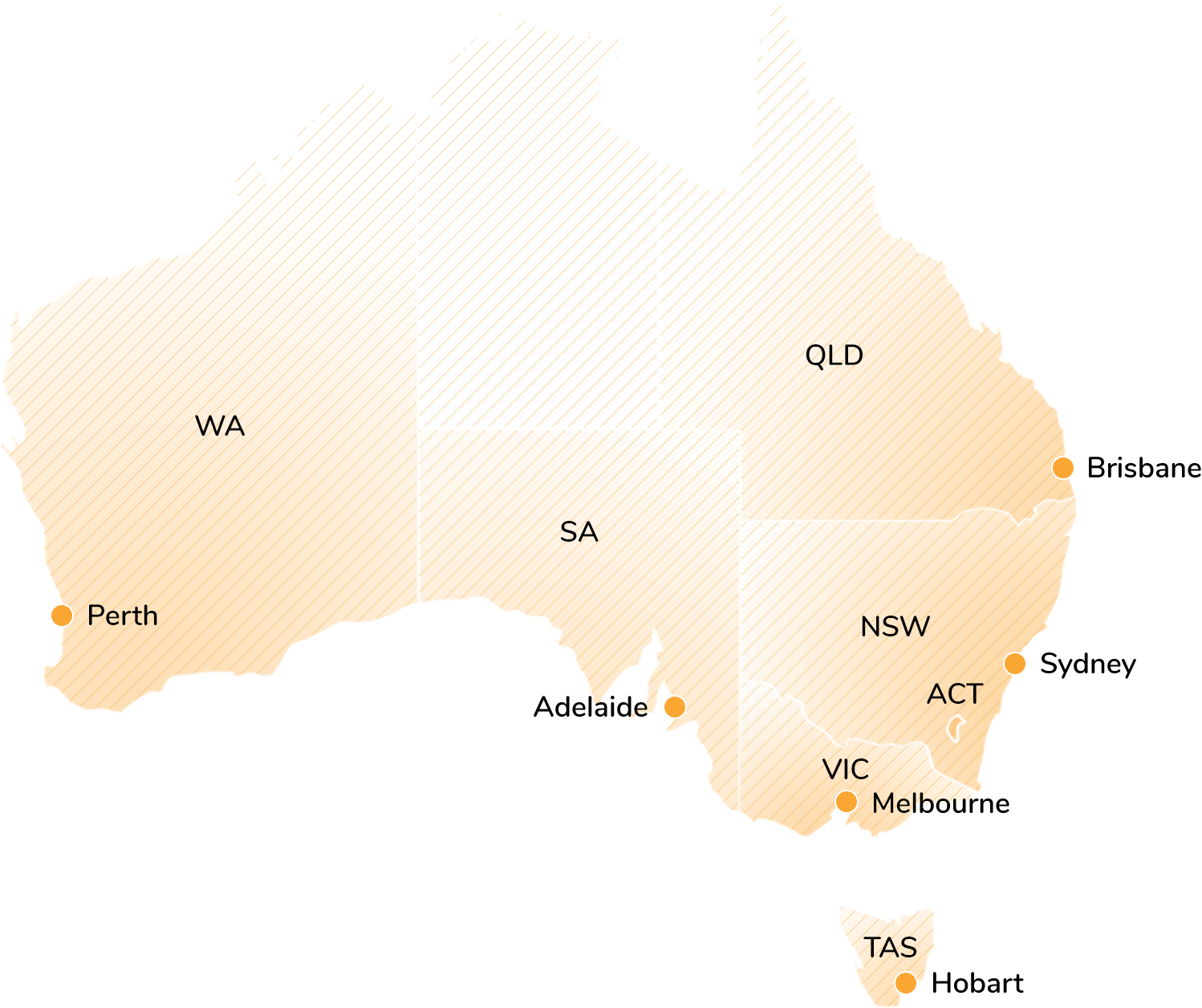What to expect from our Positive Behaviour Support service: PBS questions and answers
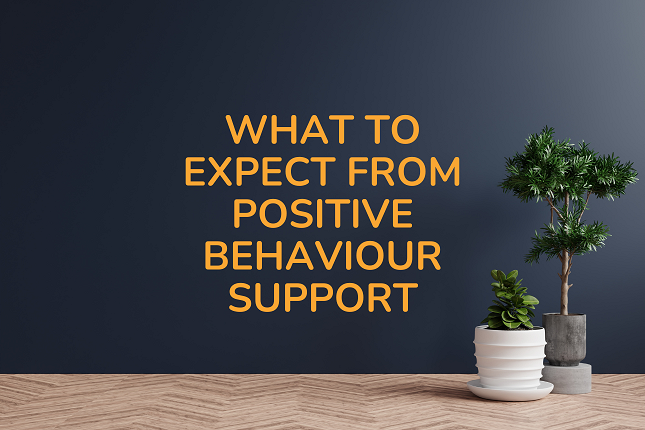
People often have questions about Positive Behaviour Support (PBS). Here are some of the PBS questions we get asked a lot.
What is Positive Behaviour Support?
Positive Behaviour Support aims to help people improve the quality of their lives. There might be lots of things getting in the way of having a great life. Usually, one of these is that the person does something which hurts, scares or offends someone, which can damage relationships and reduce opportunities. Because of this, we’ll often aim to help the person reduce these behaviours, so they can have a better life.
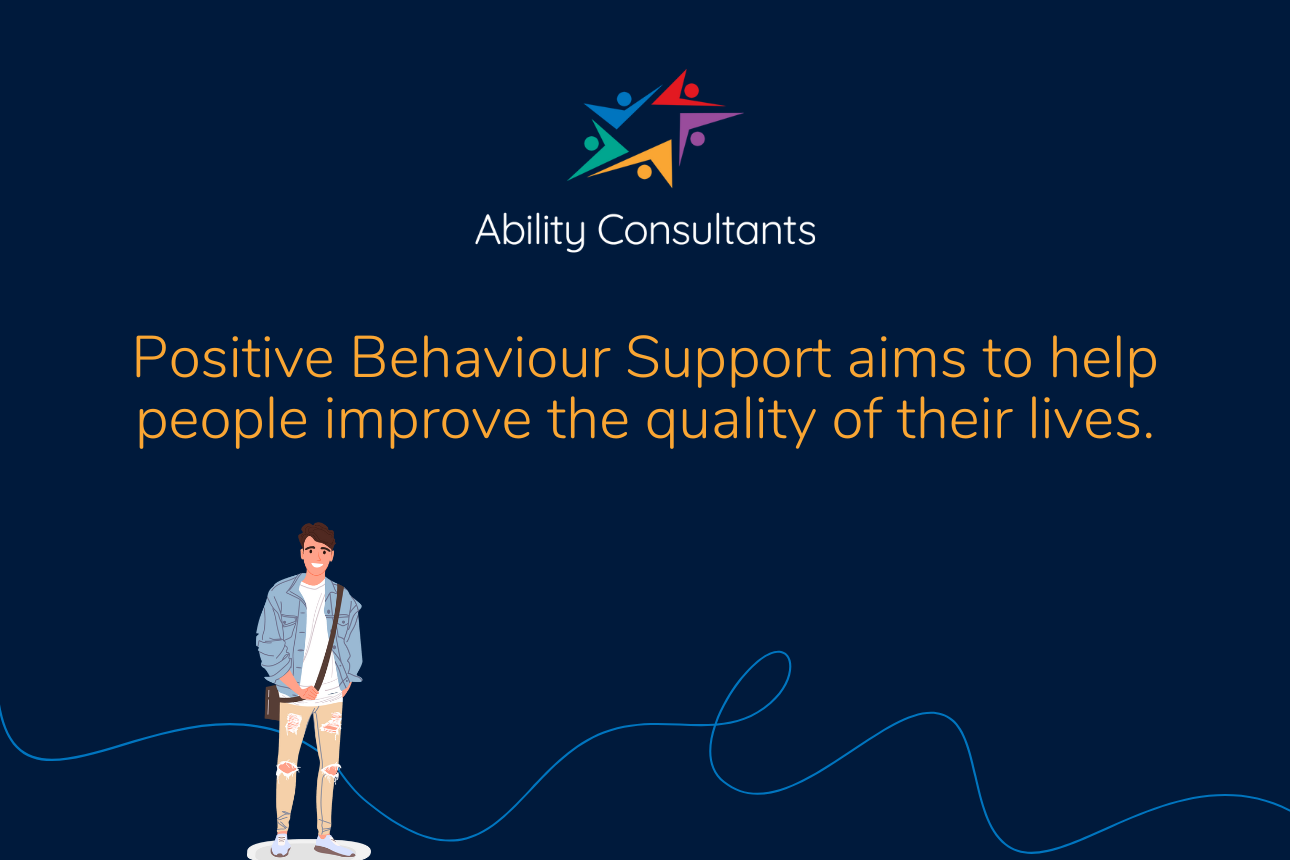
Ok, so how does PBS work?
There are a few key principles:
- Assessment first - We want to add something of genuine value, and we know that people already work hard to have a good life. We need to take time to get to know you and the people in your life so that we know how we can help.
- Collaboration - We bring expertise in behaviour and quality of life, but you have the expertise in your life. We aim to work with you closely to figure out how to make things better.
- Person-centredness - The most important person in your life is you. Others will be very important, but your own views on your own life are the most important. We aim to step alongside you, get to know you, and come up with ideas with you.
- Behavioural science - Humans have learned a few things about why we do what we do over the years, and we make use of this learning to help you do what you’d like to do.
- Working with existing supports in your everyday places - Positive Behaviour Support is not usually a 1:1 therapy service. We are usually in a person’s life for a relatively short period of time, and we know we can’t be the ones to support you every day. We aim to work in the places you go to with the people who support you, so that they can help you do what you want to do. We wouldn’t normally try to take you out of your normal life to do therapy with you.
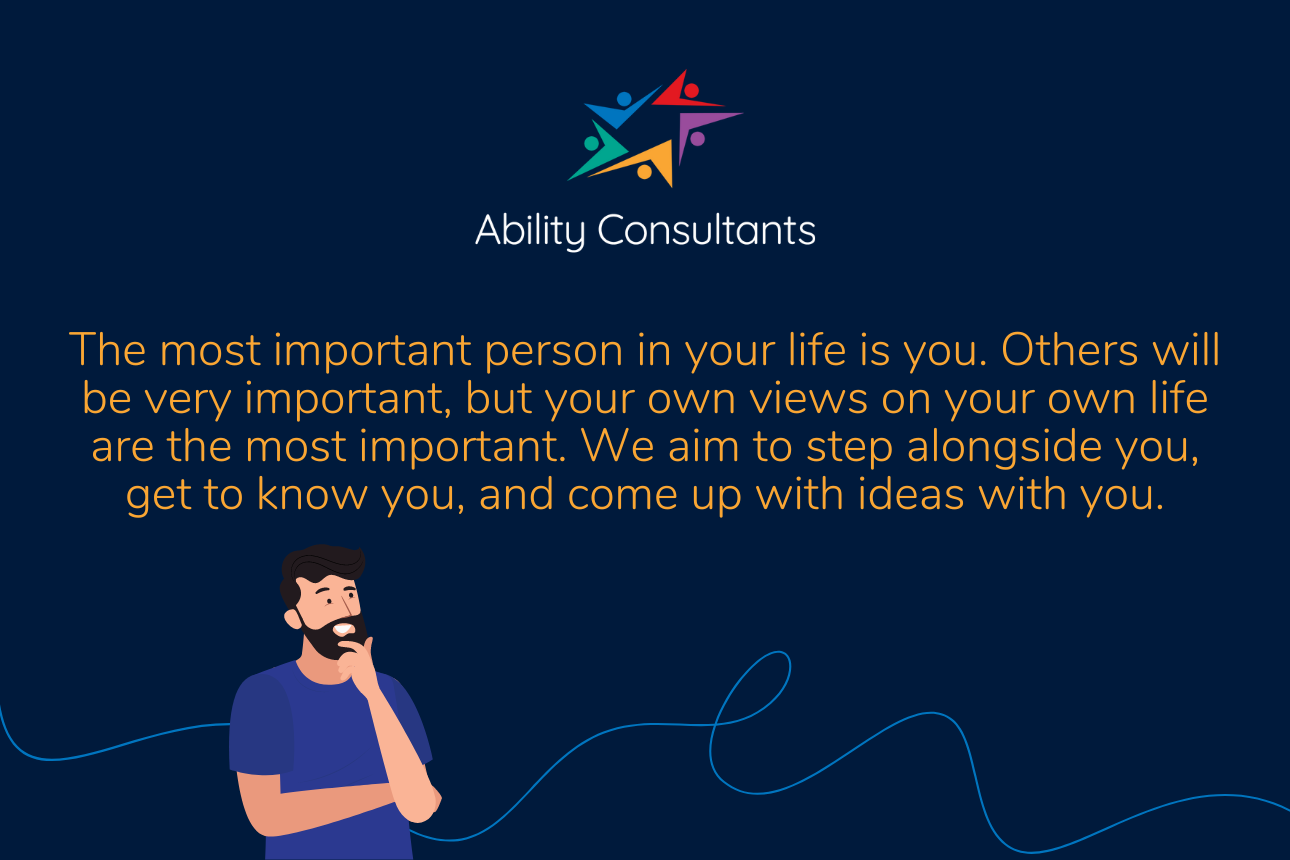
Yeah, ok, that’s the theory. What will you actually do?
Great question! No two PBS services are exactly the same, and you can expect that we’ll talk with you about what you need. Generally though, we have a list of things that we want to offer people as part of our service, based on what we know works.
These are:
- An initial phone call to establish a connection with you.
- Checking who helps you make decisions.
- Meeting with you to talk about the service and what you’d like us to help with.
- Learning about who is in your life.
- Checking if there are any restrictions in your life.
- Setting achievable goals with you.
- Identifying any behaviour you’d like to work on.
- Reviewing things other people have written about you.
- Collecting information about times that you feel agitated or upset.
- Spending time with you in the places you normally go to.
- Collaborating with you and other people who are important to you.
- Assessing your quality of life.
- Writing up plans about how there can be positive change in your life.
- Training and coaching other people to be able to do what’s in the plan to support you.
- Measuring how well the plan is being used and how effective it is.
- Changing the plan if it’s not working.
- Writing documents to help you get the funding you need to live a good life.
Sometimes, we’re not able to do all of this (for example, if the NDIS hasn’t provided enough funding), but this is what we aim to do.
What if I’m not sure if PBS is for me?
That’s understandable. If there’s something about your life that you’d like to improve, there’s a good chance we can help. If you’re not sure, give us a call. We’d love to explore the possibilities with you and give you any information you need to decide if you’re interested in our services.
Ok, so you’ve said you’ll come to me. Is there a callout fee or something?
There’s no callout fee, but we usually charge for travel time. We aim to reduce our travel time as much as possible by planning our days carefully, and by aiming to work with people who are close by. It is likely when we come to see you, some of the available funding will be used for travel time. For more information about NDIS funds and travel, please see our article about Positive Behaviour Support and NDIS funding.
How do we get started?
The first step is to make a referral. It’s a short form you can complete on your phone or computer — click here to make a referral. Your answers will help us understand your needs and goals and help us identify which PBS practitioner can best assist you.
Next, we’ll need your consent. This happens by signing a Service Agreement. This gives us permission to use funding from your NDIS Plan, it states what work will be done and how many hours are funded to do this work.
They’ve offered me a telePBS service, I’m sceptical. What is it?
TelePBS might work really well for you, or might not. We’ve learned a lot about how to do effective work via video conferencing and phone calls in recent years. This can be a great option, for example, if you wanted to reduce the amount of funding used for travel, or if the right practitioner to help you lives far away.
There’s good evidence this model of service delivery is a legitimate and effective way to provide service. It does, however, mean we don’t get to spend time with you in person or visit the places you usually go. If you think telePBS would suit you or someone you know, our Intake Team is always willing to answer any additional questions to help start you on your Positive Behaviour Support journey!
Is there a wait time before I can access Positive Behaviour Support?
Probably. We really want to get help to people as quickly as possible. Lots of people ask us to help, and sometimes this means there’s some waiting before we can start the work. You can look on our website to get an idea of the average waiting time, but the actual wait time in your local area will vary — it may be much shorter or a bit longer.
To help us match you up with a PBS practitioner as quickly as possible, you can:
- Answer as many questions as you are able to on our referral form
- Return your signed service agreement as soon as you are able
- Provide any supporting documentation as soon as convenient (our team will let you know what to provide).
I’ve heard that there are some things you have to report, and I’m worried about it
As Behaviour Support Practitioners, we have a few reporting obligations, and it’s reasonable to ask questions about that. We are passionate about collaboration and working with your consent.
There are times where we are legally obliged to report to relevant government organisations, such as when Regulated Restrictive Practices are in place or if a person is at risk of significant harm. In some circumstances, time is a critical factor, particularly when reporting to the NDIS Quality and Safeguards Commission. If you’re not sure, please ask.
Where can I find more information about Positive Behaviour Support?
If you’ve got more questions about Positive Behaviour Support, you might find the answers here:
- What is Positive Behaviour Support?
- What is a Positive Behaviour Support plan (PBSP)?
- Which NDIS funds can I use for Positive Behaviour Support?
- About Positive Behaviour Support and Restrictive Practices (NDIS)
If you have more PBS questions, please feel welcome to contact our team using our contact form or by calling 1300 694 625. We’re more than happy to answer any questions you have about Positive Behaviour Support!
About the author
Steve Davies is the Clinical Operations Manager and Clinical Excellence Manager at Ability Consultants. Steve is also an Advanced/Specialist Behaviour Support Practitioner, Team Leader, and qualified Speech Pathologist.
Steve's career is underpinned by his passion to assist people with disabilities to overcome barriers to their best quality of life. Steve is driven to make PBS accessible to everyone, and build collaborative teams around each individual.
People who know him say that Steve is approachable, empathetic, diplomatic and person-centred in his approach to Positive Behaviour Support. He is a highly respected clinician who generously shares his knowledge and experience with PBS practitioners throughout the world.



